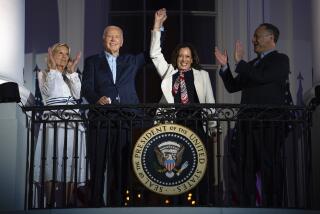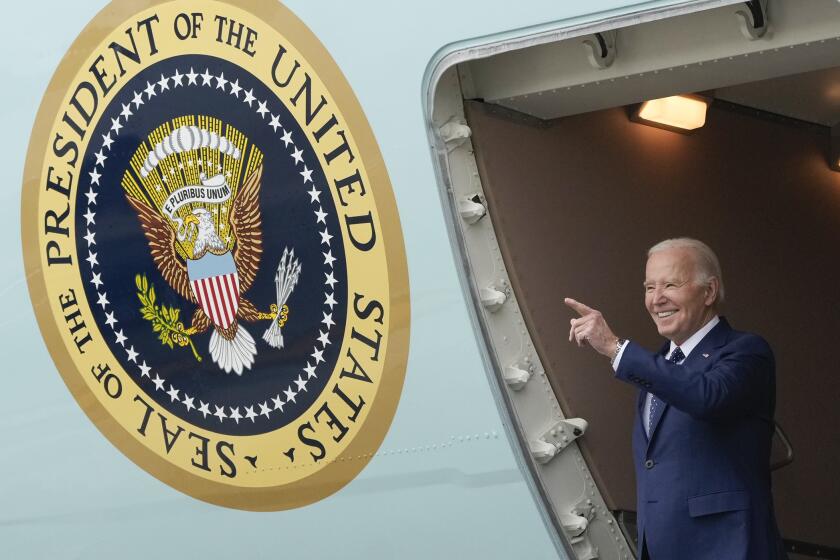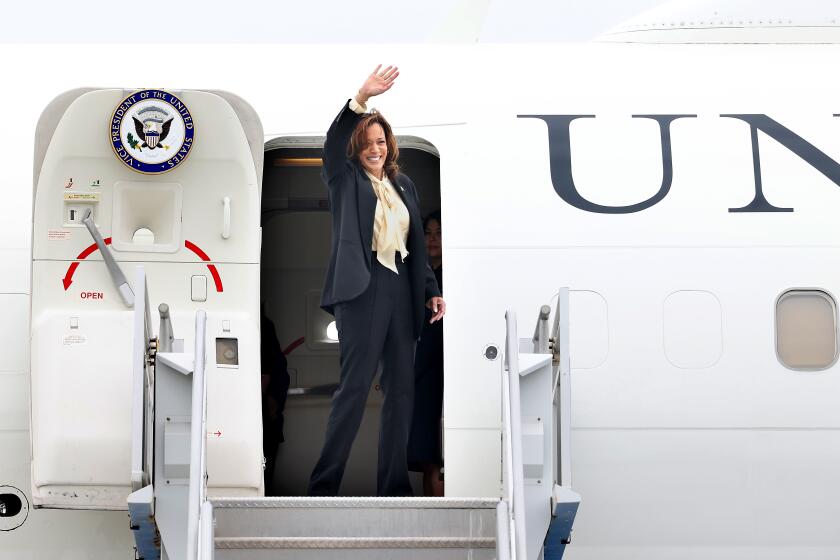Meet the real Van Jones
At the annual Bioneers convention in 2007, Van Jones described to an audience of scientists, activists and environmentalists how he had spent 20 years trying to get Americans to pay attention to the urban poor. “We would call newspapers, television stations, saying kids are dying, we’re going to funerals every weekend. ‘Not interested.’ We’d say we’ve got kids going to school in Oakland, 30 kids in the classroom, six books, no chalk.’ ‘Not interested.’ ”
Finally, the Yale Law School graduate turned community organizer told the crowd, “We said, ‘Well, we want green jobs and not jails for our youth.’ And they said, ‘Green? Green? Green!’ GIVE THAT MAN A MICROPHONE!’ ”
“Green,” at least in the beginning, was a marketing term to Jones, a means to an end. But the deeper he got into it, he said, the more he realized that the environment was central to the kind of social justice he cared about. For the affluent lefties in the audience, he teased, environmentalism might be about polar bears and other “charismatic megafauna.” But “in the poor part of town, when they say, ‘Oh, the environment is terrible,’ they’re talking about air pollution, asthma, cancer clusters and birth defects.”
Working with inner-city residents required a new approach. “If I go and knock on the door in West Oakland, or Watts, or Newark, and say, ‘Excuse me, I got a big problem here. ... WE GOTTA SAVE THE POLAR BEARS!’ are they going to join my group? No. Because in the poor part of town ... if they’re talking about global warming, they’re not talking about polar bears drowning. They’re talking about people drowning -- that’s Katrina.”
Soon, the crowd was on its feet, applauding.
I was in the audience for that speech, and I remembered it last spring when I heard Jones had been named special advisor to President Obama on green jobs. And I remembered it again last weekend when I heard he had resigned from that job under pressure. Jones’ resignation came in the wake of reports that he had once used an expletive to describe Republicans, and that he had signed a petition in 2004 asking Congress to investigate whether the Bush administration had failed to prevent the 9/11 attacks in order to justify war. In the end, both liberals and conservatives condemned him.
But Jones’ departure is a big loss. He should be judged not by a few missteps but by his long history of working toward a highly desirable but elusive goal: an environmental movement that crosses boundaries of place, skin color and class. By working to bring green jobs to “the poor part of town” and involving mainstream environmental leaders in the cause of fighting poverty, Jones has made a huge contribution.
The takedown of Van Jones was openly orchestrated by Americans for Prosperity, an Arizona-based conservative organization that rallies people who can barely afford to drive a car to the free clinic to press for offshore drilling and oppose healthcare reform. In an editorial for the Fox News website, the group’s policy director, Phil Kerpen, crowed that his attempt to ruin Jones was “one of the most significant things I’ve ever had the honor of being involved in.” I suspect Kerpen didn’t really care whether Jones was a 9/11 truther or a socialist, or which naughty words he used. What he cared about was that Jones might actually succeed in getting the federal government to put people to work installing solar panels and insulating houses -- the “green jobs scam,” as Kerpen called it.
These days, Jones is far from the wild-eyed radical Kerpen described. In fact, he has been moving to the center, where the power is, for years. He has spent his time writing grants, appealing to city councils and working with legislators such as Nancy Pelosi on green-jobs bills. He sat on the board of the Apollo Alliance, a group more-radical environmentalists have criticized as a mainstream sellout for its work linking industry with a greener agenda. And his nonprofit advocacy group, Green For All, recently launched a program to involve the private sector in building an “inclusive green economy.”
Jones has embraced a truly practical kind of environmentalism, one that moves people not with pictures of melting ice caps but with relief from poverty and despair; one that can’t be shoved off to the margins as elitist or extremist. And perhaps that is why Americans for Prosperity viewed him as such a threat.
For the environmental movement, Jones’ resignation is a setback. One can only hope that his unwelcome celebrity of the past week will have the positive side effect of galvanizing support for his work; that it will call attention to urban poverty, pollution and his ideal of a green economy. To the extent Jones’ agenda succeeds, it will benefit all of us. Even the polar bears.
More to Read
Get the L.A. Times Politics newsletter
Deeply reported insights into legislation, politics and policy from Sacramento, Washington and beyond. In your inbox three times per week.
You may occasionally receive promotional content from the Los Angeles Times.






